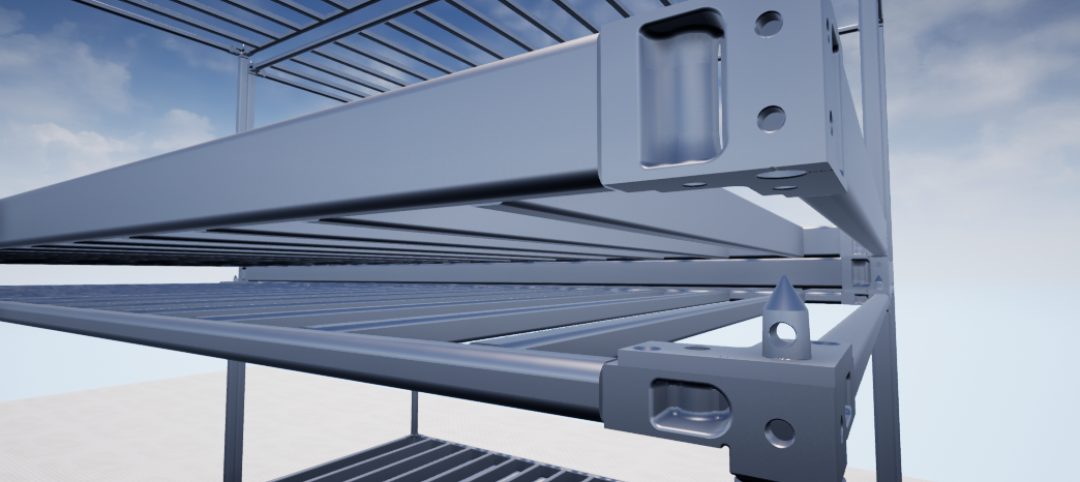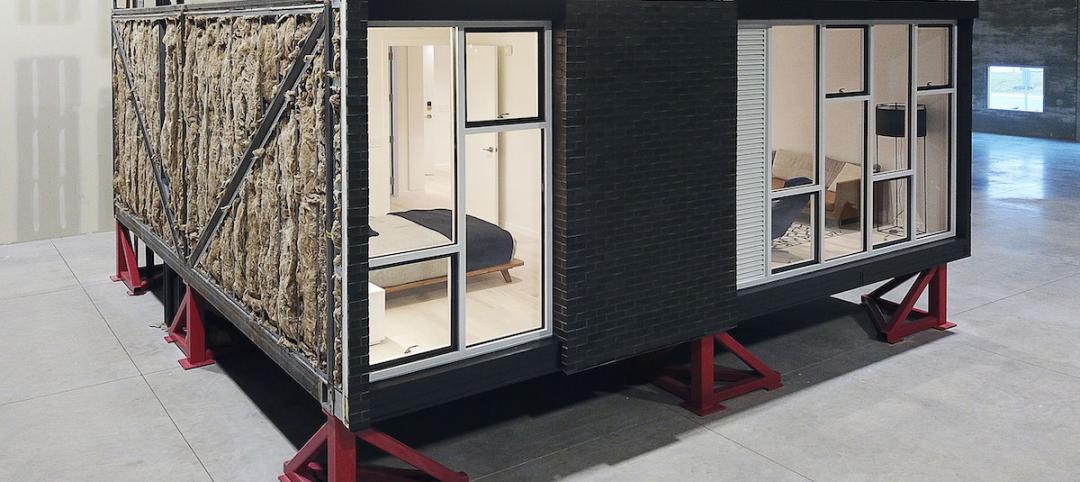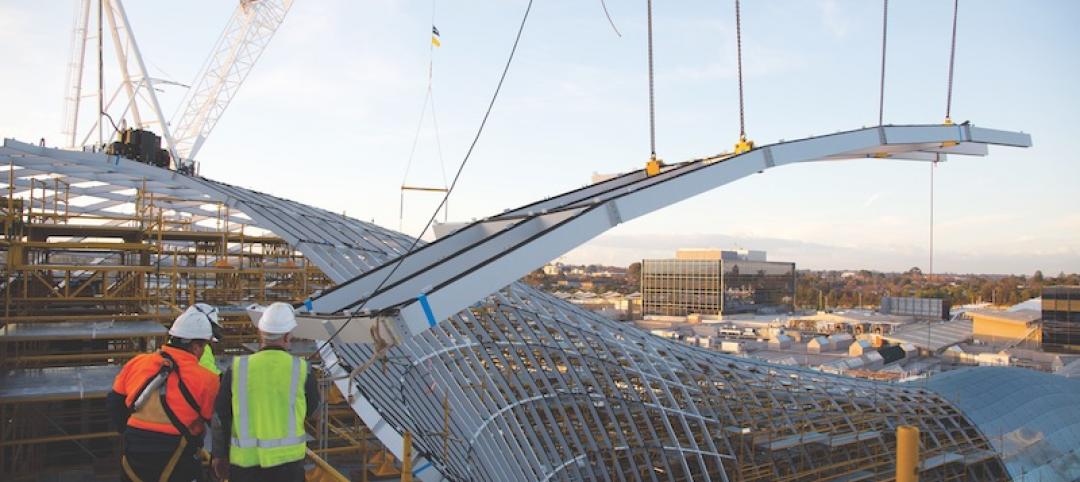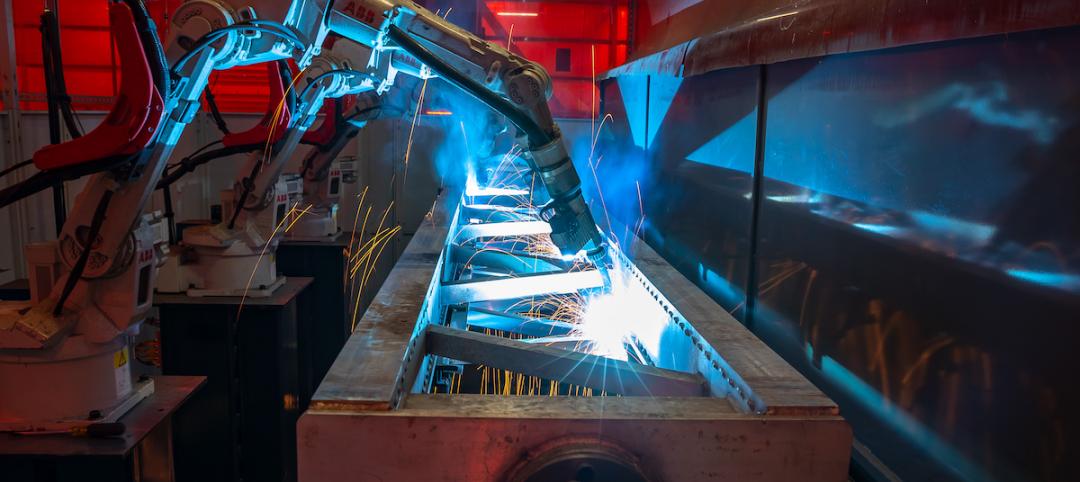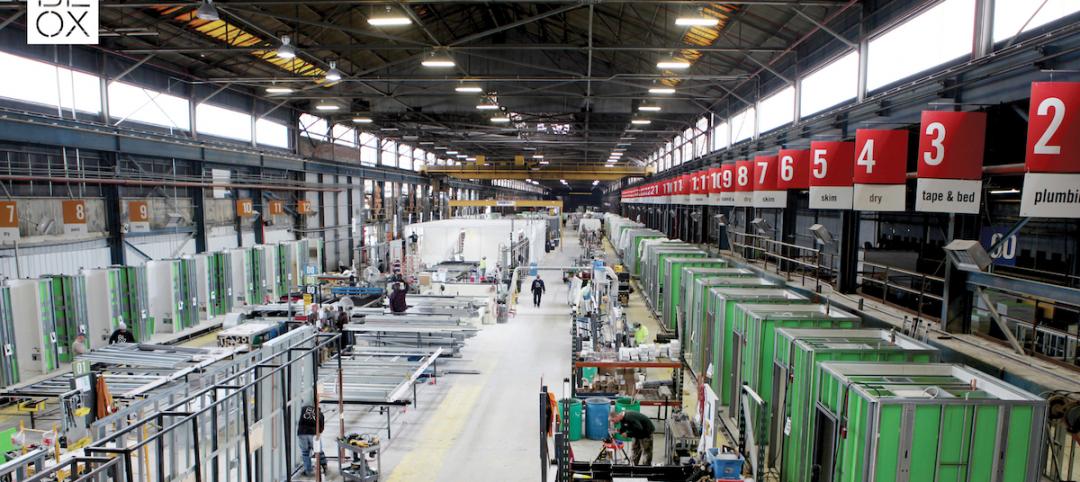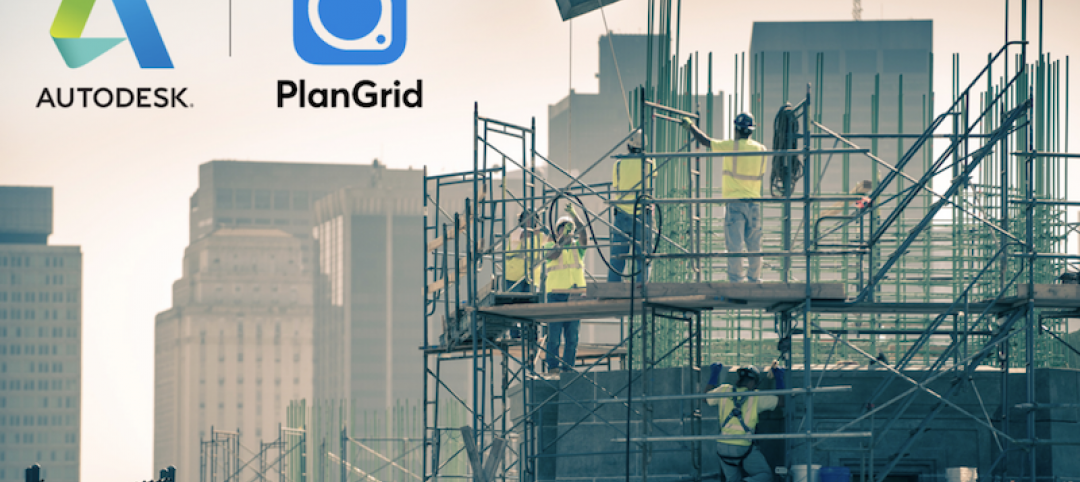Besides being one of the more famous cases of breaking and entering, what is the one thing Goldilocks is known for? No, not her love of porridge or under-the-covers naps. It is her persnickety nature that shines through most and, as much as we may not want to admit it, we all have a little bit of that Goldilocks mentality in us.
Especially when it comes to shared spaces like offices. For some it’s too hot, for others it’s too cold. It’s too bright, too dark, too loud, or too quiet; in a given office, how many people are actually comfortable with their surrounding environment? In a supposed place of productivity, such as an office, it isn’t just an inconvenience to be uncomfortable; it can quickly become a hindrance to getting work done.
But what’s the solution? We aren’t all as fortunate as our friend Goldilocks and have a few different options to pick from in order to find the one that best suits us. Or are we? Many offices have begun to implement an open office floor plan, meaning there are no assigned seats or workspaces. You can change where you sit and work on a day-to-day or hour by hour basis, meaning if it is too noisy or cold in one area, its possible to just pick up and move to another quieter or warmer area.
But therein lies the next issue, how do you find that quieter, warmer spot? That’s where Goldilocks comes in. No, not the Goldilocks, but the proprietary sensor technology developed by NBBJ to help employees find the perfect spot in the office, the one that is just right.
Inside its 140 Broadway offices in New York City, NBBJ installed over 50 sensors to collect data and track light levels, humidity and motion, and sound. According to NBBJ, they are the only company to incorporate sound into a sensor of this type. And considering the fact that noise is the number one complaint in the workplace, this addition of sound sensors seems like one of those why-hasn’t-anyone-done-this-before type additions.
So, where does all of this information the sensors are collecting go? Right to the accompanying app (compatible with Apple or Android smartphones) in real-time. If you get to the office and decide you require a workspace that is bright and warm, simply fire up the app, set the parameters to warm and bright, and you will be shown the best spots in the office that match exactly what you are looking for.
Not only are these sensors a solution for employees to use on a daily basis, but the information gathered, especially the information about sound, can also be used to better design spaces in the future.
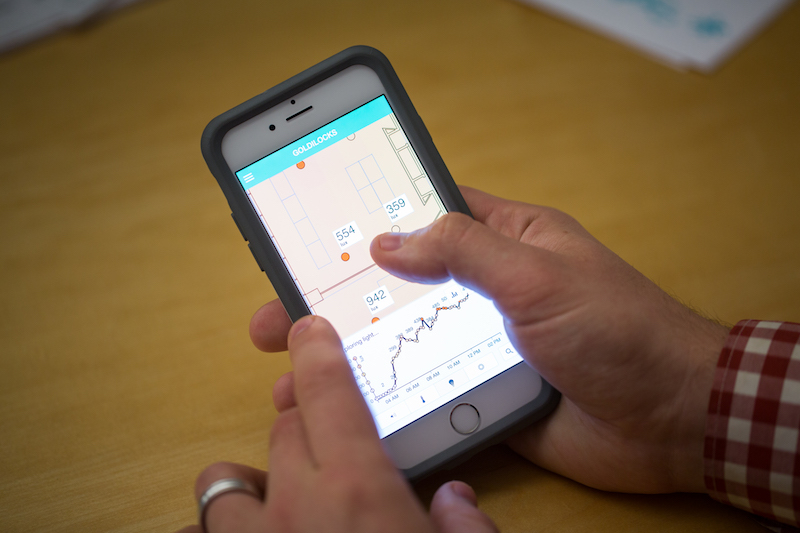 Photo courtesy of NBBJ
Photo courtesy of NBBJ
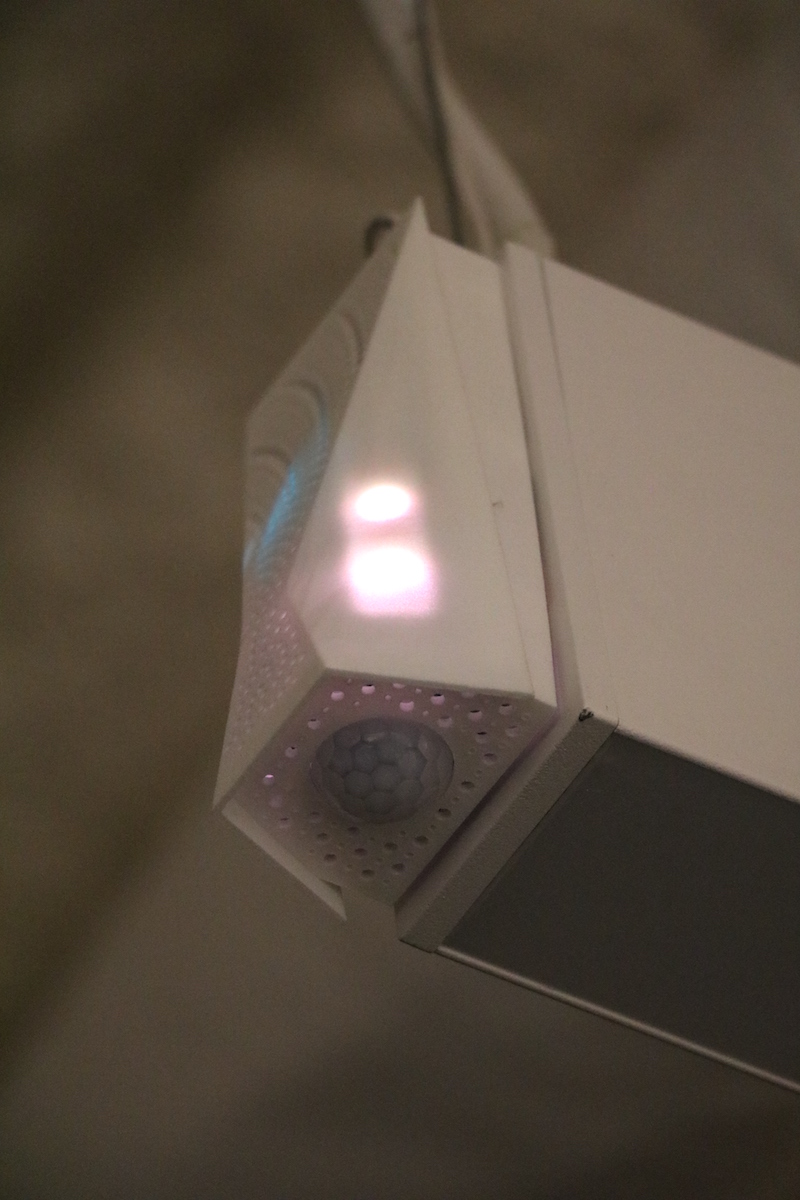
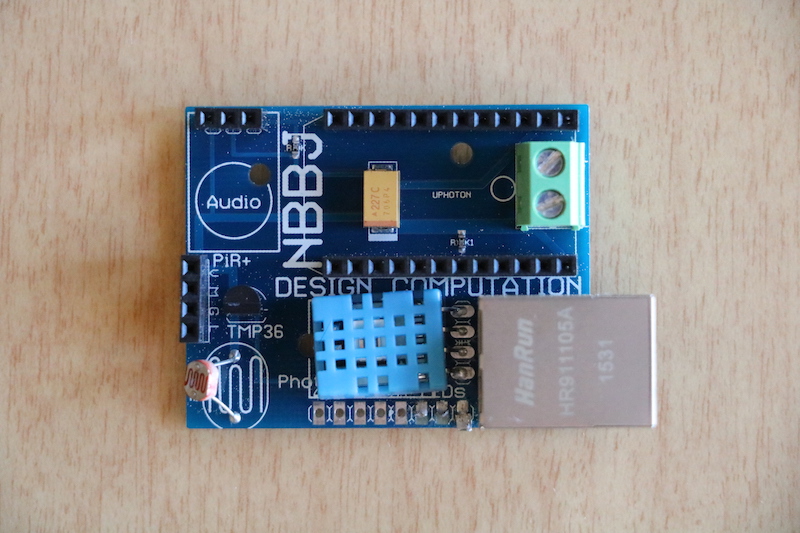
Related Stories
Building Tech | Apr 19, 2019
Skender, Z Modular reach agreement to fabricate multifamily housing components
Factory to open soon on the southwest side of Chicago.
Building Tech | Apr 8, 2019
Factory-based construction with no siloes starts with a single source of truth
Working from a single source of truth means every factor of design, procurement, manufacturing, and assembly will be accounted for before the assembly line is turned on.
Building Tech | Mar 19, 2019
Digital twin startup aims to map the planet's metros
The Smart World suite of 5D software platforms map and visualize data provided by metropolises to an intuitive real-time 3D simulation.
Digital Twin | Mar 15, 2019
Digital twin applications: 7 steps to a better-managed jobsite
Automated progress monitoring and optimizing equipment usage are among the potential applications for digital twin technology on construction jobsites.
Digital Twin | Mar 15, 2019
The Gemini Factor: Digital twin tech enters the AEC market
AEC firms explore how digital twin technology can bring more consistency to the design process and construction site.
Building Tech | Mar 13, 2019
Almost everything you wanted to know about industrial construction
Our experts offer 15 tips on how best to perform factory-based construction.
Building Tech | Feb 18, 2019
Investing — and building — smarter
Edge Technologies has entered into alliances with the International WELL Building Institute and wellness-focused real estate developer Delos.
Building Tech | Feb 14, 2019
The epic rise of industrialized construction
Experts project that prefabrication and modular construction will total $209 billion by the end of the decade.
Building Technology | Dec 20, 2018
Autodesk is spending $1.15 billion to acquire two construction tech providers
PlanGrid and BuildingConnected are the latest pieces in the company’s quest to digitize the construction industry.
3D Printing | Dec 7, 2018
Additive manufacturing heads to the jobsite
Prototype mobile 3D printing shop aims to identify additive manufacturing applications for construction jobsites.


